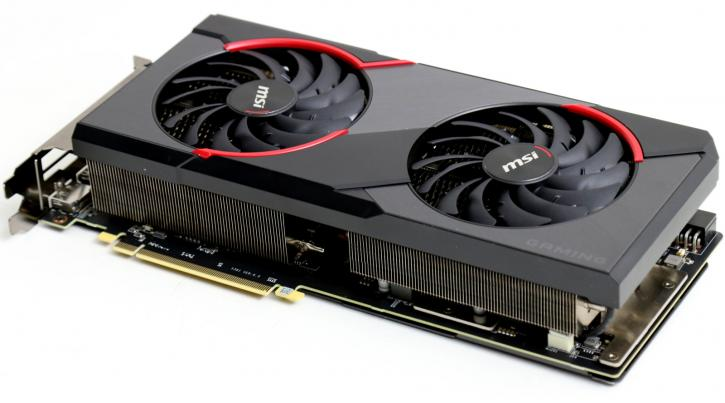vaduz488
New Head-Fier
Is running my computer into my DAC/Amp affecting the overall sound quality of my system? Is it better to get a dedicated streamer? Thanks
Is running my computer into my DAC/Amp affecting the overall sound quality of my system? Is it better to get a dedicated streamer? Thanks
Is running my computer into my DAC/Amp affecting the overall sound quality of my system? Is it better to get a dedicated streamer? Thanks
Thanks for the information. No, the fan doesn't bother me.The digital part of the playback chain shouldn't come close to the loss in fidelity caused by the analog part. And it usually doesn't. You'll find people who make a mountain of everything, but if you actually go and measure what happens to the signal at different points along the chain, most of the time you'll freak out about the results from the headphone itself and also from the noises in your room. The rest, if you don't have something defective, some serious ground loop issue, or some really bad settings, should end up in a far away third place.
So my answer to your question is another question and in line with what @ProtegeManiac is saying: are you bothered by the noise from the computer fans when you listen to music? That should tell you if you want to look for a quieter source or not.
I have a late model Dell. Running USB A to USB B.What computer, what soundcard, what kind of connection to the dac? (usb, optical, coax)
Streamers are not about sound quality, they're about convenience and not having to use a PC or multiple players.
Shoulda coulda woulda... Lets just believe in theory whitout practice! I can run my laptop of battery and it still didnt sound anywhere near as clean my S9+.The digital part of the playback chain shouldn't come close to the loss in fidelity caused by the analog part. And it usually doesn't. You'll find people who make a mountain of everything, but if you actually go and measure what happens to the signal at different points along the chain, most of the time you'll freak out about the results from the headphone itself and also from the noises in your room. The rest, if you don't have something defective, some serious ground loop issue, or some really bad settings, should end up in a far away third place.
So my answer to your question is another question and in line with what @ProtegeManiac is saying: are you bothered by the noise from the computer fans when you listen to music? That should tell you if you want to look for a quieter source or not.
I have a late model Dell. Running USB A to USB B.Thanks for the information. No, the fan doesn't bother me.
Thanks so much for the reply but I'm afraid you lost me after the first few words.




Also, when I'm listening on my PC should I turn the volume on the computer and on Qobuz to 100% or is something like 50% ok? Thanks again!
I always run my computer volume on max and adjust my volume on my amp.Thanks so much for the reply but I'm afraid you lost me after the first few words. Also, when I'm listening on my PC should I turn the volume on the computer and on Qobuz to 100% or is something like 50% ok? Thanks again!

